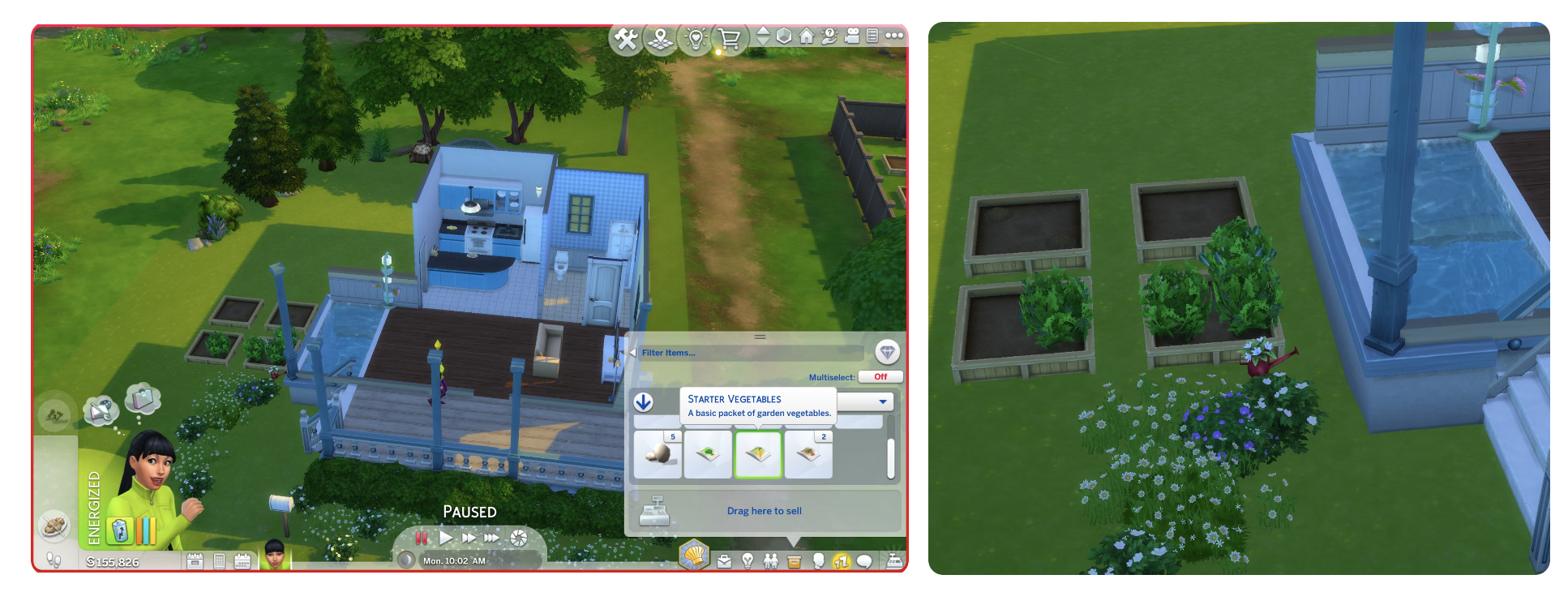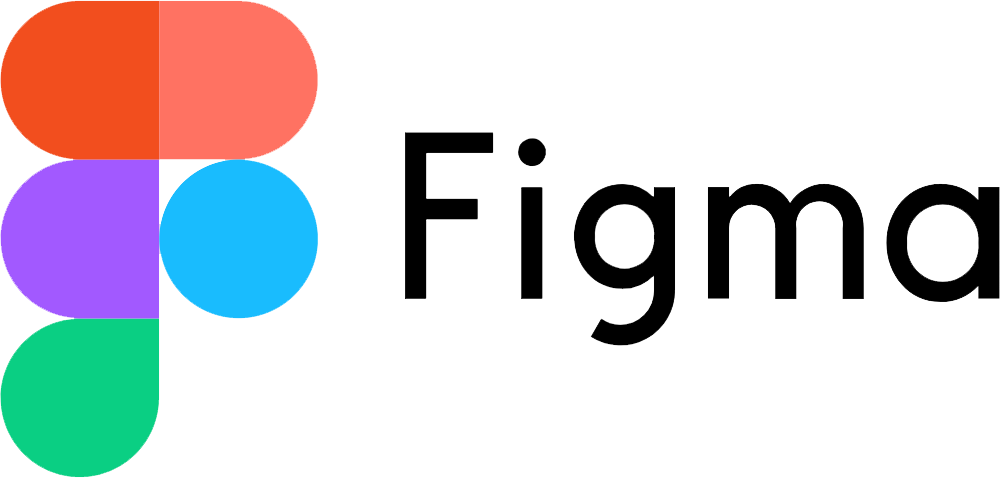Summary
Ecovision is a VR experience that fosters sustainable behavior change on an individual level through visualization and positive reinforcement of sustainable daily habits such as eating and showering. This initiative targets students by making the outcomes of their actions more immediate and tangible through to-scale waste visualizations and live transformation of saved quantities into floral growth. EcoVision was started as a Stanford class project for DESIGN 284: Designing for Extended Realities in Spring of 2024.
A summary of our design process can be found below. For more info, check out our slide deck here.
Needfinding
We interviewed 10+ sustainability educators, peer advocates, and students with limited sustainability awareness to uncover prevalent misconceptions and knowledge gaps. Our key findings:
Visualization Gap
Educators find it challenging to convey abstract concepts like dimensional analysis; students struggle to grasp the scale and impact of their actions without concrete examples
Disconnect in immediate impact
The lack of immediate, personal feedback leaves students feeling disconnected from the real-world consequences of their actions
Beyond Guilt
The limitations of guilt as a motivator and the success of positive reinforcement strategies in engaging students to adopt more sustainable behaviors
Prototyping Journey
IRL Prototyping: Testing User Journey
To evaluate XR interactions, we had users act out real-life motions to test the narrative journey of the experience.
Scenario
Users washed their hands while a facilitator filled a bucket at the adjacent sink. The user observed the collected water and poured it onto a patch of grass, with a plant substituted to simulate the VR experience.
Key design questions
How do users like visualizing their water waste volumetrically? How do users feel about transforming the "waste" into a new item, like a plant?

Sims Prototyping: Testing Interactions
To explore the "daily living tasks" concept, we used The Sims, allowing for custom 3D environments and controlled agent actions.
Setup
Game with a basic house, including a kitchen, bathroom, and living room. The backyard had plants and empty planter boxes. Food was left to spoil for compost visualization, and a pool of water represented water waste. Users were tasked to complete tasks in each section of the environment and plant in the garden.
Key design questions
How do users like the flow of living in a simulated environment and performing tasks? Are they satisfied with the level of control?

Final Product
Our final prototype was developed in Bezi and features the following:
Onboarding
Introduces the user to the experience; simple, intuitive tutorial to guide users on how to navigate and interact, including a dashboard across the user experience that tracks user's saved food and water waste
Dining Hall
Guides user to eat a meal and throw waste into a compost bin, comparing user's food waste habits to the average American to highlight personal impact.
Dorm Bathroom
Provides real-time visualization of water usage during daily activities like showering, helping users understand their consumption patterns
Garden
Illustrates how saved waste can be repurposed to sustain plants over time, emphasizing tangible, positive change


